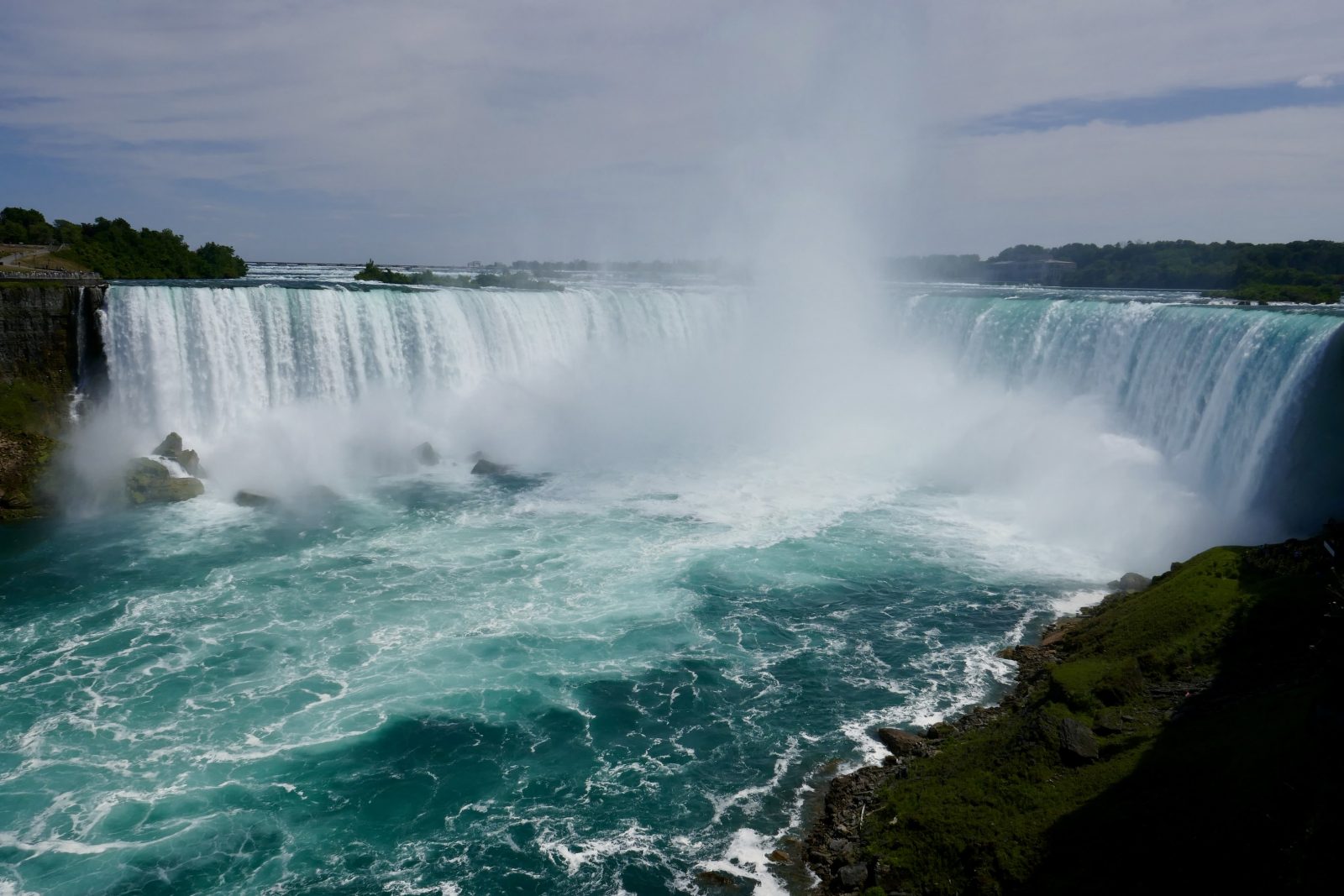What will post-pandemic tourism look like?
A Brock University tourism expert believes COVID-19 is an opportunity to “reset tourism along the lines of sustainability, if our country, and the world, make massive changes in order to be more integrative and resilient.”
The federal government designated $4.5 million from the Regional Relief and Recovery Fund for Niagara Falls Tourism over the weekend, with an eye on marketing to domestic travellers as a response to a drop in international visitors.
“With the potential to lose 50 per cent or more of tourism revenue this year because of COVID-19, marketing and promotion has to be one of the solutions to the problem, so it’s great to see Niagara Falls receive $4.5 million to get the ball rolling,” says David Fennell, a Professor in Brock’s Department of Geography and Tourism Studies. “We see how important Niagara Falls is as a major gateway community in Ontario and Canada, relative to other large urban centres such as Toronto, which received $7.9 million.”
However, Fennell, who also serves as editor-in-chief of the Journal of Ecotourism, sees much bigger opportunities to strengthen tourism by improving the environmental sustainability around the industry, provided there is strong leadership and ample education.
“For many, sustainability is just a term that gets in the way of economic benefit,” Fennell says. “However, increasingly — especially if we look at the actions of other countries — future success in tourism is being embedded in a sustainability agenda.”
This is due in part to consumer demand, with travellers “now more than ever, demanding low-carbon options in accommodation and transportation, greener technologies, and other sustainability dimensions,” he says.
Fennel suspects that even when international travel resumes on a larger scale, tourists may avoid popular destinations, partially because of the risks now associated with crowds, and partially because of what he anticipates will be a higher “social cost” associated with tourism.
He notes that in Niagara, the mass tourism of Niagara Falls itself is contrasted by many other specialized attractions, such as wineries to art venues, which don’t always see the constant traffic of casinos and hotels and find it more difficult to rebound after a disaster. He suggests that with greater co-operation across the region, this might improve.
“Getting sustainability right in our geopark is of considerable importance, because we feel it can be an excellent model for Ontario, Canada and the rest of the world,” Fennell says.
He sees two possible scenarios that could result from efforts to build sustainability in tourism.
One involves new technologies, policies, practices and knowledge around how people and organizations navigate the new realities. The second is business-as-usual, where “others are left holding the bag with all the negative socio-cultural, economic and environmental problems that go along with tourism.”
“We often succumb to akrasia, or weakness of will, as tourists,” Fennell says. “Even though we know that Option A is the right or good course of action, we often choose Option B because it enhances our experience, even at the cost to something or someone else — like a ride on a donkey or elephant that has been severely abused.”
For this reason, Fennell says, “educating tourists and the tourism industry on the impacts that we create from our travel is absolutely critical if we are to make the right changes.”
STORY FROM THE BROCK NEWS

